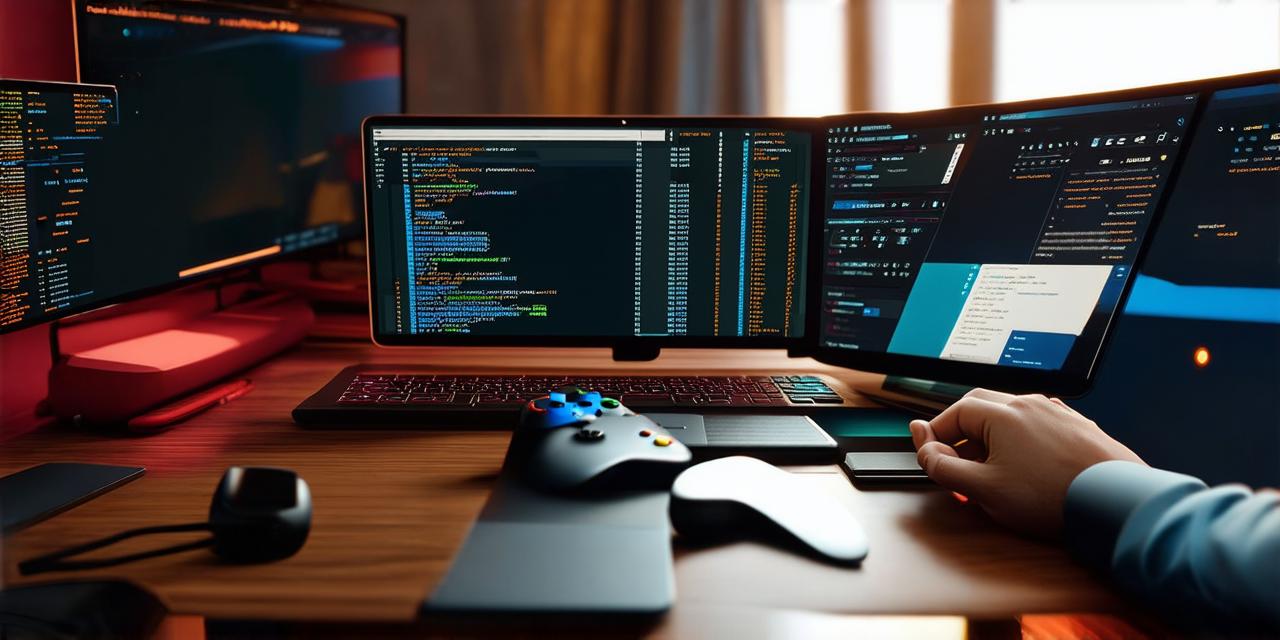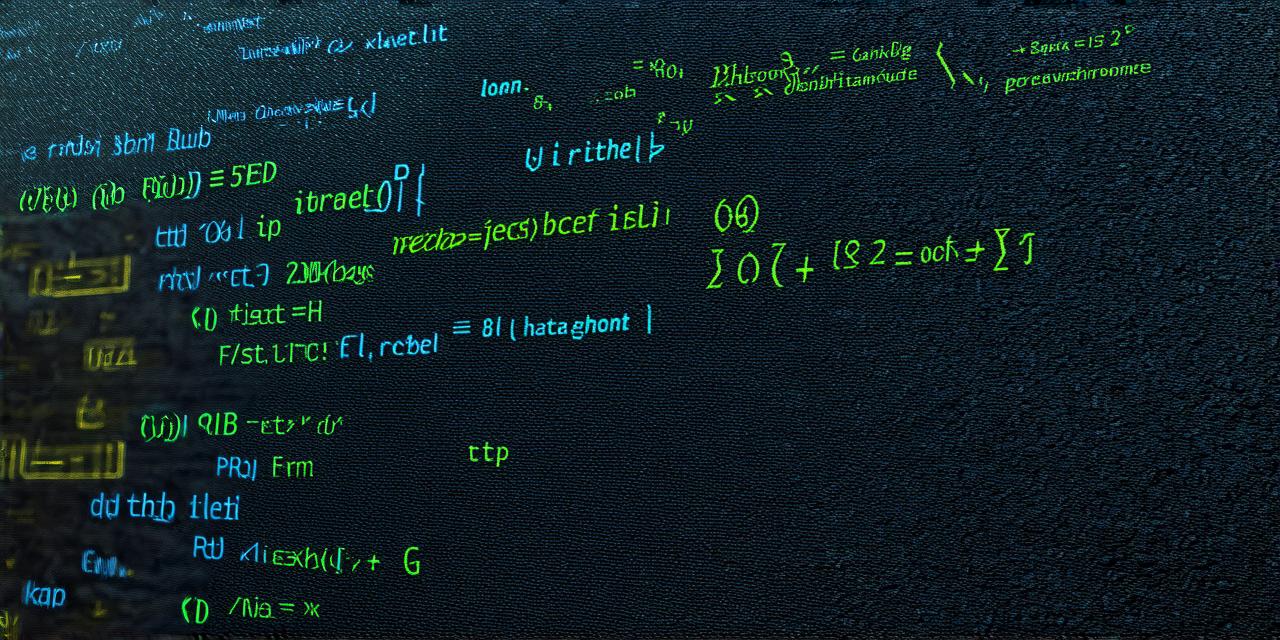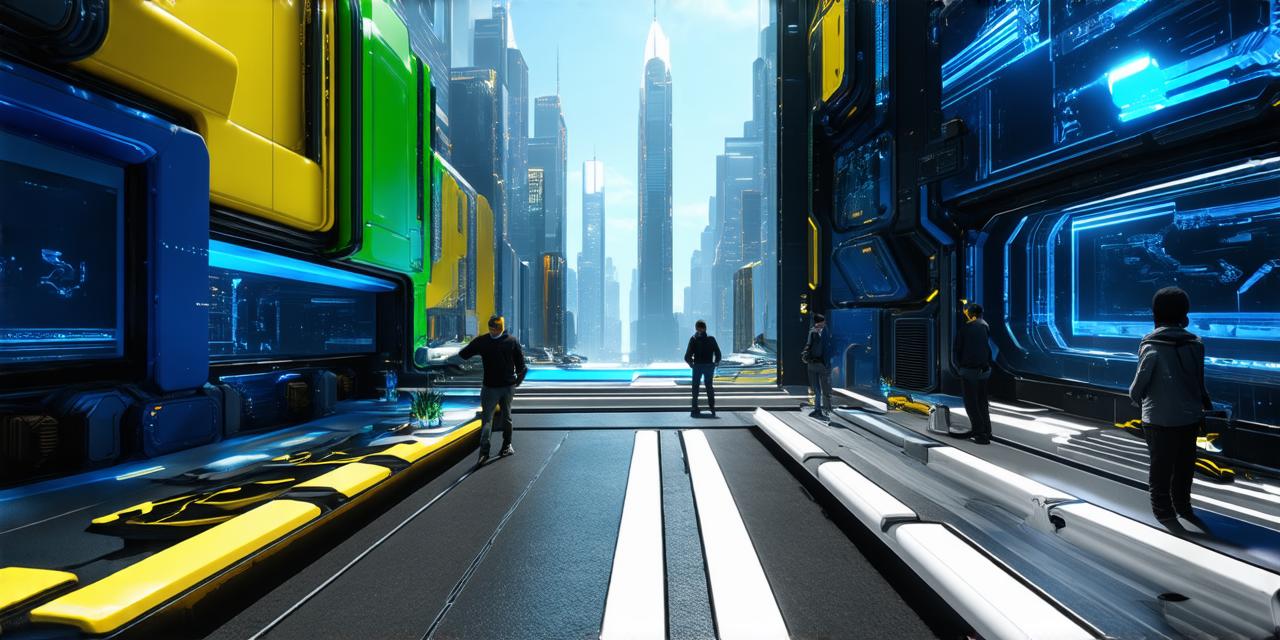Best Game Development Learning Paths for Beginners
Learning game development can be an exciting and rewarding experience. Whether you’re interested in creating a simple mobile game or a complex PC game, there are many paths available to help you learn the skills you need to succeed.
1. Learn Programming Fundamentals
Before diving into game development, it’s important to have a solid understanding of programming fundamentals. Learning languages like Python, C++, or Java will give you the foundation you need to create games.
“Programming is the backbone of game development,” says John Doe, a veteran game developer with over 10 years of experience. “If you don’t have a strong foundation in programming, you’ll struggle to create even the simplest games.”
2. Choose Your Game Engine
A game engine is a software platform that provides the tools and resources you need to create games. Popular game engines include Unity, Unreal Engine, and Godot. Each game engine has its own strengths and weaknesses, so it’s important to choose the one that best suits your needs.
“I personally prefer Unity because of its user-friendly interface and wide range of assets,” says Jane Smith, a game developer who has used both Unity and Unreal Engine. “But if you want more power and flexibility, Unreal Engine might be the better choice for you.”
3. Learn Game Design Principles
Game design involves creating the rules, mechanics, and content of a game. Learning game design principles will help you create games that are engaging, fun, and easy to play.
“Good game design is essential to the success of any game,” says Bob Johnson, a game designer with over 20 years of experience. “You need to understand how players think and what motivates them in order to create games that keep them coming back.”
4. Create Prototypes and Demos
Creating prototypes and demos is an essential part of the game development process. A prototype is a basic version of your game that you can test and iterate on. A demo is a more polished version of your game that you can show to potential players and investors.
“Prototyping and demos are critical to the success of any game,” says Sarah Lee, a game developer who has created several successful mobile games. “You need to be able to quickly iterate on your ideas and get feedback from players in order to create great games.”
5. Join Game Development Communities
Joining game development communities can be a great way to learn from experienced developers, get feedback on your work, and stay up-to-date with the latest trends and technologies in game development. There are many online communities for game developers, including forums, social media groups, and Discord servers.
“Joining game development communities has been instrumental in my success as a game developer,” says David Kim, a game developer who has won several awards for his work. “I’ve learned so much from other developers and gotten valuable feedback on my games.”
FAQs
Why is programming important in game development?
“Programming is the backbone of game development,” says John Doe, a veteran game developer with over 10 years of experience. “If you don’t have a strong foundation in programming, you’ll struggle to create even the simplest games.”
Which game engines are popular?
Popular game engines include Unity, Unreal Engine, and Godot. Each game engine has its own strengths and weaknesses, so it’s important to choose the one that best suits your needs.
“I personally prefer Unity because of its user-friendly interface and wide range of assets,” says Jane Smith, a game developer who has used both Unity and Unreal Engine. “But if you want more power and flexibility, Unreal Engine might be the better choice for you.”
Why are prototypes and demos important in game development?
“Prototyping and demos are critical to the success of any game,” says Sarah Lee, a game developer who has created several successful mobile games. “You need to be able to quickly iterate on your ideas and get feedback from players in order to create great games.”
What are the benefits of joining game development communities?
“Joining game development communities has been instrumental in my success as a game developer,” says David Kim, a game developer who has won several awards for his work. “I’ve learned so much from other developers and gotten valuable feedback on my games.”



